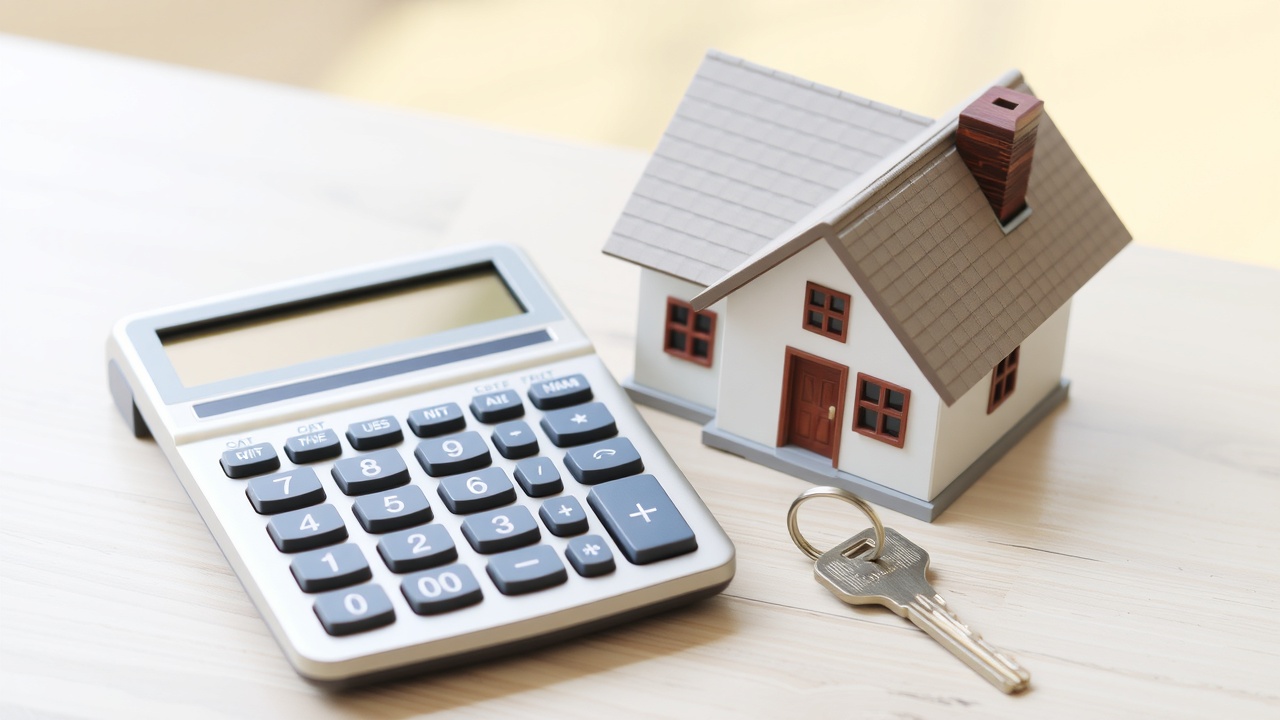
Retirees seeking a mortgage are being "shunning" by high street lenders, according to a mystery shopper exercise
Is it appropriate for them to do this?
The goal of most people is to pay off their mortgage before they retire, but in some cases, taking out a loan later in life may be alluring.
You may want to move from renting to owning a home, release funds to pay for home improvements, or retire to an area where homes are a little more expensive.
You may even be considering adding a buy-to-let property to your retirement income.
However, obtaining a mortgage in retirement may present difficulties. If you are not receiving a salary, the most obvious question is whether you can afford the interest and repayments.
Another is whether or not the bank will be willing to give you the loan.
According to a Family Building Society mystery shopper exercise, older borrowers with "secure incomes" were sometimes denied the mortgages they "wanted and could afford."
The building society created three simulated scenarios with applicants between the ages of 67 and 84, as well as three mirrored versions with younger candidates between the ages of 42 and 55. Each mortgage provider was contacted several times, for a total of 72 inquiries during the test.
Lloyds, NatWest, Barclays, HSBC, Santander, and Nationwide are the big six lenders that denied all of the older borrowers' applications.
The majority of requests were denied due to age or were only given consideration for a shorter mortgage term, which would have resulted in much higher monthly repayments because the borrowing would have ended before the lender's upper age limit.
The Big Six lenders have come under fire from the Family Building Society for age discrimination, claiming that older buyers with "solid pension pots" might be "more secure than those of working age, who could be made redundant with little warning."
Nevertheless, there are risks associated with taking on debt because pension savers are living longer than ever before and many will have to pay for care expenses in later life.
Was it appropriate for the banks to deny older savers a mortgage, and is it always a bad idea to take out a mortgage when you're retired?
Steve Webb: It depends on the type of income that retirees can guarantee.
A married couple, with the husband aged 84 and the wife aged 67, was one of the scenarios highlighted by the Family Building Society during its mystery shopper exercise.
They wanted to borrow 85,000 for a 10-year term against a 518,000 property, which had a loan-to-value ratio of less than 17 percent, and they had a combined yearly income of 60,000.
The Family Building Society survey found that all six of the major high street lenders rejected the application.
Given the couple's substantial retirement income and the loan's small size in relation to the property, this might seem unexpected.
However, a lot depends on the type of income, as former pensions minister Steve Webb notes.
The BFIA was informed by Webb, who is currently a partner at the consulting firm Lane Clark & Peacock, that "in theory, a person who has a stable income from the state pension plus a final salary workplace pension can be counted on to pay a regular expense like a mortgage.
"In many respects, their income is more stable than that of an employee who might lose their job because of illness or unemployment.
However, if a joint mortgage is granted and the individual receiving the company pension passes away, issues might occur. Their surviving spouse's income would be drastically reduced, and they might not be able to pay off the debts, but their mortgage costs would remain the same.
Pension shortfall is already a risk for savers.
The most popular choice for younger savers, a defined contribution (DC) pension, would be even less reliable as a source of income.
A certain amount of retirement income is not guaranteed with this type of pension. Your pot's size is determined by the amount you contributed during your working years and the performance of your investments.
Even if you purchase an annuity, the amount of income it will pay out will be determined by the value of your pension fund.
This implies that the likelihood that savers will run out of money before they pass away is much higher.
Many people underestimate their life expectancy, retirement needs, and the costs of care and other necessities.
For instance, a £1 million pension fund may seem like a substantial amount, but according to research by wealth manager Brewin Dolphin, a 66-year-old who retires with such a fund would only be able to take out £63,000 annually until they are 86.
The saver would only be able to withdraw about £50,000 per year if they lived to be 95.
Though not necessarily luxurious, this is sufficient to live comfortably, especially if you are still making mortgage payments and other housing-related expenses.
For comparison, according to the most recent data from the Pension and Lifetime Savings Association (PLSA), the annual cost of a comfortable retirement, excluding housing expenses, is now £43,100 for an individual and £59,000 for a couple.
It's also not ideal to rent in retirement.
The benefits and drawbacks of taking out a mortgage in retirement will vary depending on your unique situation, just like with any financial choice.
Given the impact on your retirement income, you may not think the trade-off is worth it if you are taking out the loan to pay for home upgrades or to move to a more affluent area.
You may believe that there is a stronger case for buying a home of your own as you approach your golden years if you are currently renting.
"Average mortgage payments are currently 20 percent lower than rental costs," according to Emad Aladhal, the director of retail banking for the FCA. This means that "renting in retirement could require 400,000 more in savings than owning a home."
Depending on your monthly retirement income, the size of your deposit, and the size of the mortgage you plan to take out, a lot will depend.
Consider buy-to-let.
It is generally a bad idea for savers to overlook their pension in favor of purchasing a second home, as we discuss in a separate "pension versus property" article.
One of the explanations is that, in contrast to investment properties, pensions provide significant tax relief.
In addition, some of the tax benefits that were previously offered on buy-to-let properties have been reduced recently as the government looked for methods to increase tax receipts and open up the housing market to first-time purchasers.
People who are still saving for retirement are at the center of all these arguments, but what about people who have already crossed the rubicon?
A lot of retirees find it appealing to have rental income to augment their pension funds. Given this, is it ever appropriate to take out a buy-to-let mortgage in order to buy an investment property?
Many buy-to-let mortgages are interest-only products, but some of the factors will be the same as those mentioned earlier. This implies that you won't be required to pay back the capital.
In spite of this, it might still be difficult for potential borrowers to convince lenders to ignore their age.
"A lot of lenders will have a maximum age limit at the end of the mortgage term, even though the borrowing amount will be primarily based on the rental income covering the mortgage interest by a certain margin," stated David Hollingworth, associate director at broker L&C Mortgages.
Lenders have different expectations, but most of them want the mortgage paid off by the time the borrower is 80 or 85 years old. There should be choices, though, as some will be more accommodating and might not impose any age restrictions at all.
Hollingworth notes that void periodsthe time between tenants during which no rent is receivedare another important factor. He stated, "Instead of increasing income, it could put pressure on the monthly income if there is no rental income coming in because the mortgage will still need to be paid."
Another expense that buyers would have to pay is stamp duty. It is important to think about these expenses and how they might reduce your profits.














Leave a comment on: Does taking out a mortgage in retirement always make sense?